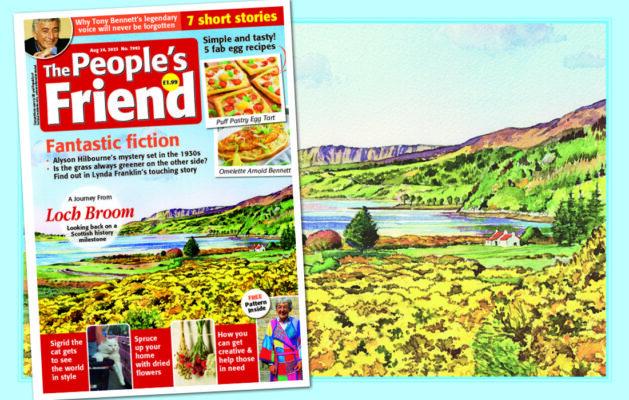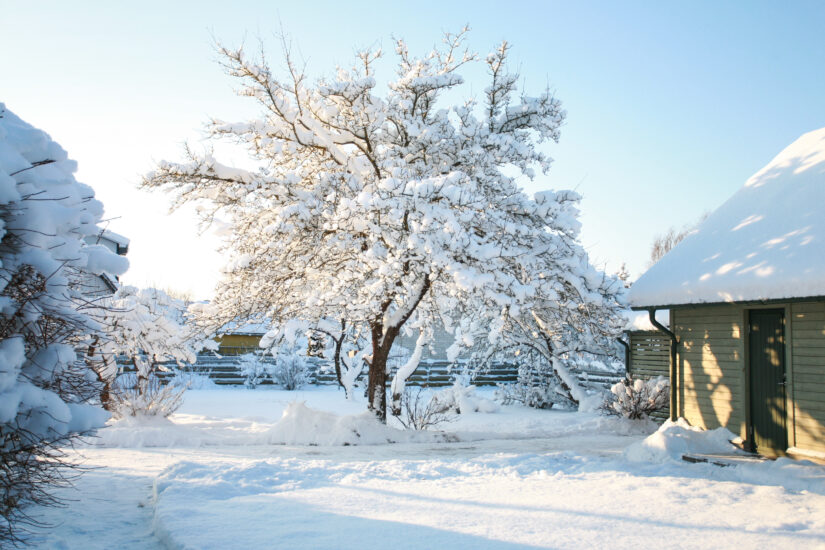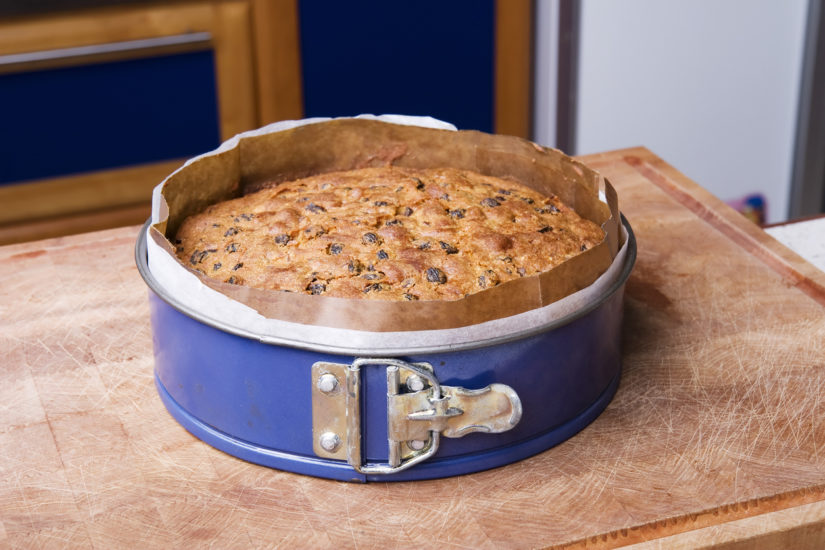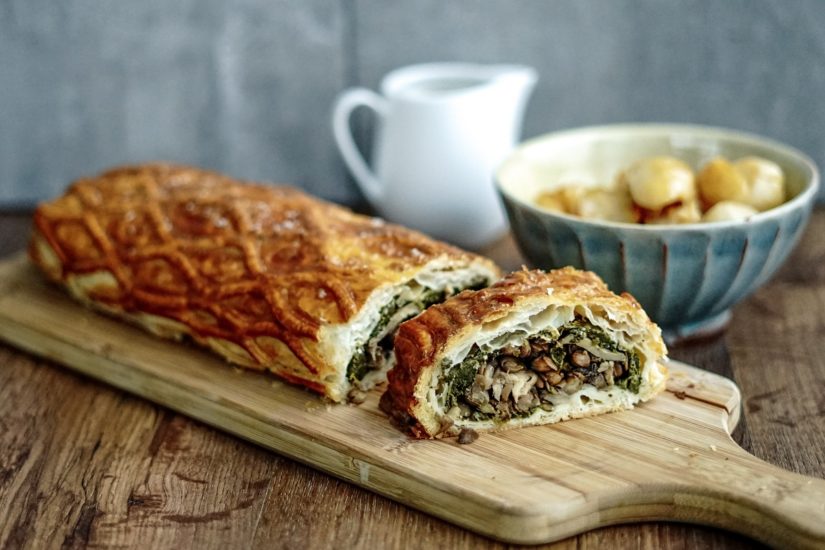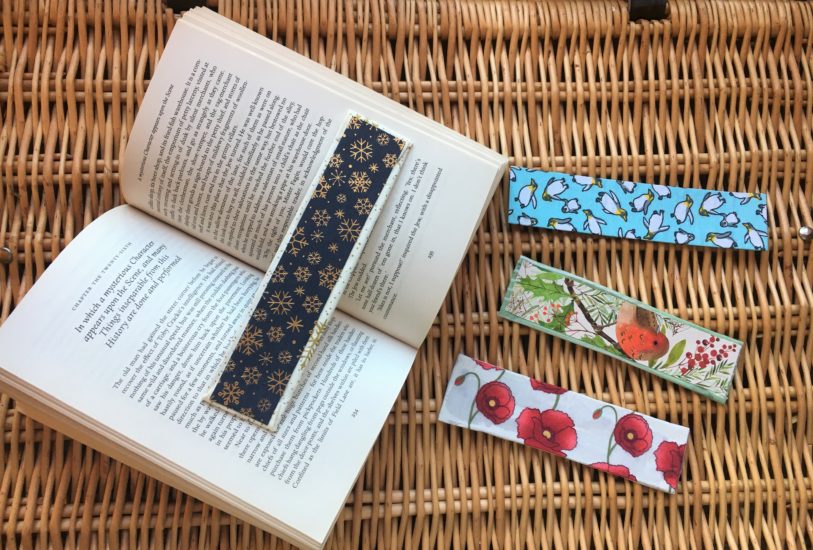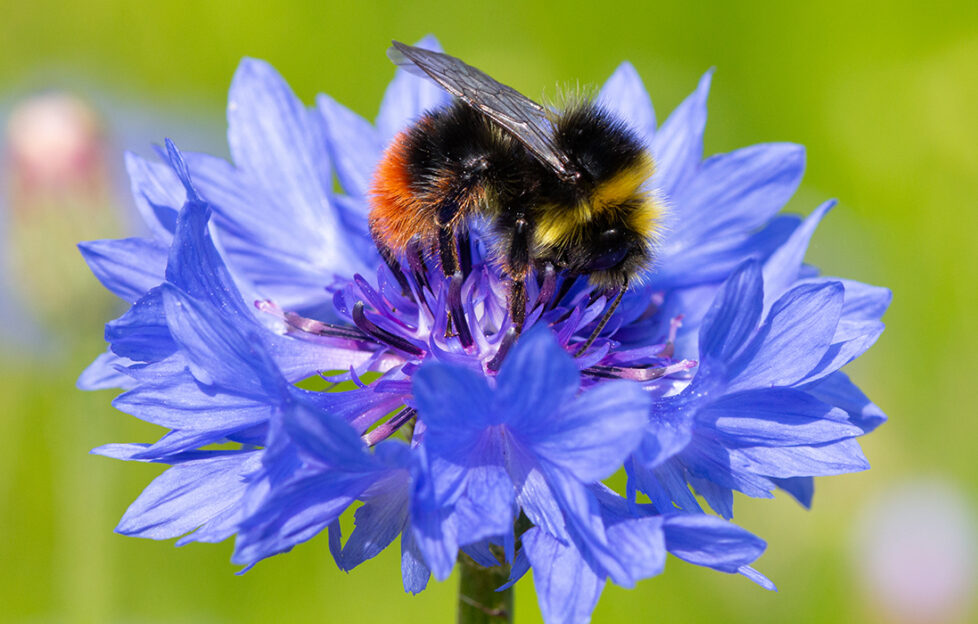 Shutterstock / silvergull©
Shutterstock / silvergull©With National Bee Day inspiring us to take a fresh look at helping our super-pollinators, Gillian Harvey finds out more about B-Lines, an innovative scheme to protect our precious bee population…
The buzz of a bumblebee collecting nectar from nearby flowers is one of the signs that summer is well and truly here. With bees and other pollinators seemingly everywhere during the warmer months, it’s hard to imagine that this particular species is under threat.
However, the bumblebee population has been in decline over the past 50 years – with two of the UK’s 25 species becoming extinct within the last decade.
One reason for the decline is the loss of natural habitats. As meadows and walkways get commandeered for building or crops, the flowering plants on which the bees depend have become fewer in number.
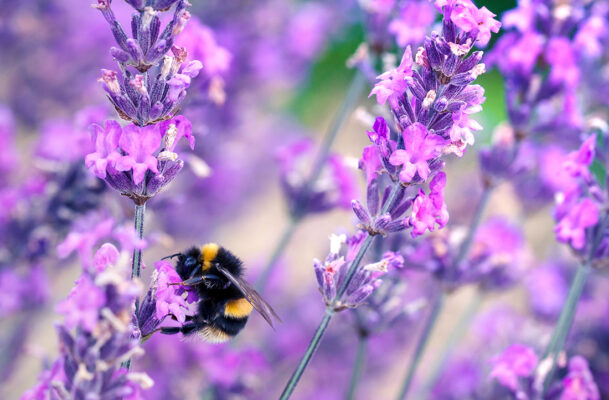
A bee pollinating lavender flowers Pic: Shutterstock
This lack of flowers is a particular concern when it comes to bumblebees, as nectar is their only food source.
It would be easy to argue that whilst this decline is unfortunate, it’s only a concern to nature lovers and conservationists. However, as well as helping to propagate species of wildflowers, bees are thought to contribute more than £600 million each year to the UK economy through their pollination of commercial crops, meaning that a decline could cause a financial blow to our farming and growing industries.
More rural areas of the UK may have a healthier bee population, but with bees never straying too far from the hive, in order to improve the situation for the whole of the UK, we need to ensure that bees are encouraged to seek out new habitats and explore further afield.
So, other than release bees into appropriate areas throughout the UK in the hope that they nest, what can be done?
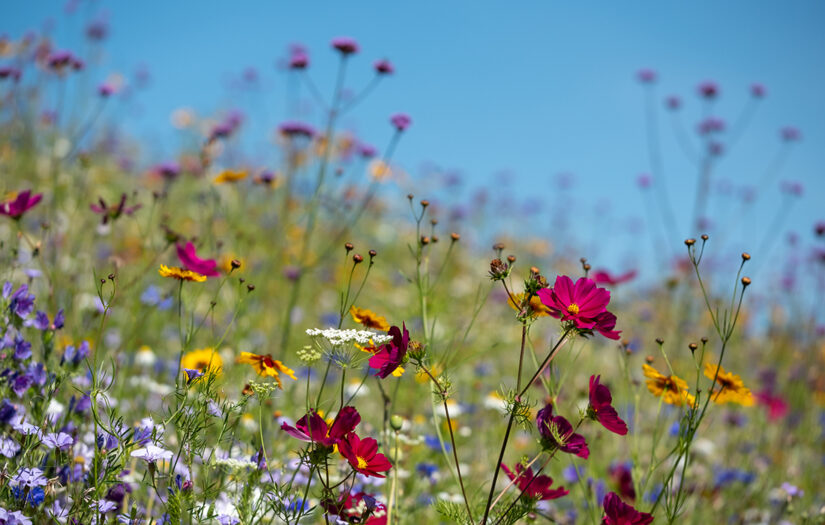
A wildflower meadow in Surrey Pic: Shutterstock
One solution comes in the form of B-Lines, the creation of insect pathways across the country. This network of linked habitats rich in wildflowers is being cultivated and mapped out, in the hope that the UK bee population will be able to spread and nest, and as a result bees and other insects will thrive.
As well as involving local gardeners, councils and schools in developing bee-friendly areas, the project aims to map “bee roads” throughout Britain, which will eventually be repopulated with bees.
Paul Hetherington from Buglife is part of the Bee Roads project, which aims to cultivate B-Lines coast to coast across the north of England.
As you might imagine, the project involves far more than simply planting flowers, or protecting existing habitat. Meadow management is needed to ensure that a steady supply of nectar is available.
Paul says,
Pollinators need a good supply of nectar and pollen throughout their life cycle, which means there needs to be a succession of flowering to provide food from March all the way through to October or even November.
It’s not just about developing bee-friendly sites; it is the links between these sites that are at the heart of this project.
“We have some great sites, but they’re very isolated, and there’s no way that the pollinators can get from site A to site B because the distance between them is too great.
“With B-Lines we aim to create a network of connections and roadways to enable the bees and other pollinators to move between points A and B.
“The difference between a roadway and a B-Line is that a road needs to cover one hundred per cent of the route or a car will stop. With B-Lines, to make it work properly you only need to fill ten per cent with ‘stepping stones’.”
This means habitats can be linked with smaller “stop-off points” along the way to enable pollinators to refuel on their journey from meadow to meadow.
As well as persuading councils and local organisations to become involved, the charity aims to encourage gardeners and allotment owners to create “service stations” on their land on which bees can feed before they move to the next good meadow.
Rosie Earwaker from the Kent Wildlife Trust is involved with the management of B-Lines throughout a county famous for its green areas.
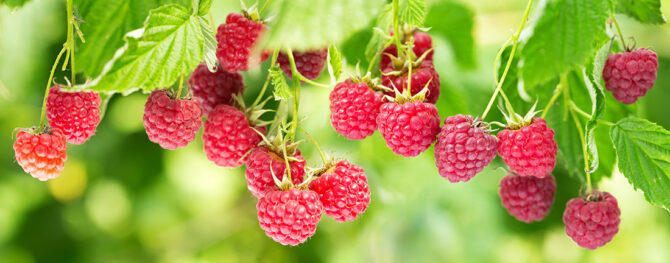
Pic: Shutterstock
“Bees and pollinators are massively important for pollination for the soft-fruit industry in Kent,” she explains. “This makes them very important to the local economy. They also have a big intrinsic value as well.
“It’s not just economic; it gives people joy to see the lovely buzzy bumblebee out in the garden.
“Kent is very urbanised in some areas and, whilst there are lots of pockets of suitable habitat, they aren’t necessarily very well connected to each other,” she explains. “It’s really important to create linkage between these areas.”
As well as creating suitable habitats, Rosie spends much of her time “monitoring to see how the vegetation is responding to the management work, and looking at which species of bee are using the sites.”
Since the B-Line project started in 2014, it has made great progress, with Wales and Northern Ireland now completely mapped, and most of Scotland and England covered.
“We really hope that people will see the importance of supporting this project,” Paul says. “It’s a way of helping bees and pollinators, but also supporting birds and other wildlife, too.”
And whether it’s sprinkling seeds, or encouraging our local community to get involved in B-Lines, we can all do our bit to get our countryside buzzing again.
How To Help
If you have a garden, there are some simple things you can do to help. Grow flowers that pollinators love – you’ll often see a logo on the packet or label saying so. Plants that provide flowers from spring through to autumn help, and native flowers are best.
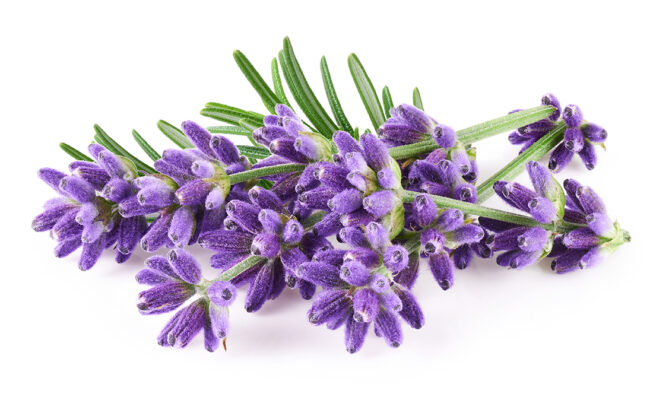
Try growing:
-
Lavender
-
Foxglove
-
Rosemary
-
Borage
-
Buddleia
-
Honeysuckle
-
Purple Coneflower
-
Sage
If you don’t have a garden, you can donate old jewellery, obsolete foreign currency and even used stamps to help fund B-Lines. Give Buglife a call on 0800 633 5323 to find out more, or visit their website at www.buglife.org.uk.
Inside this week’s issue of “The People’s Friend” enjoy our Think Green, Be Green news and tips for living sustainably.
